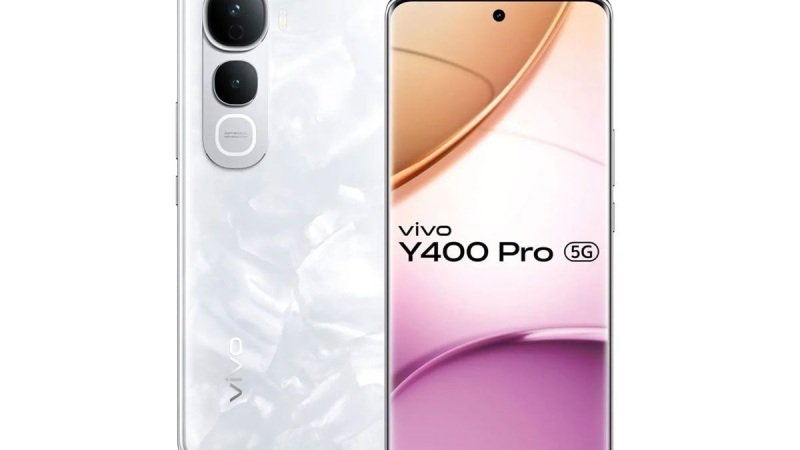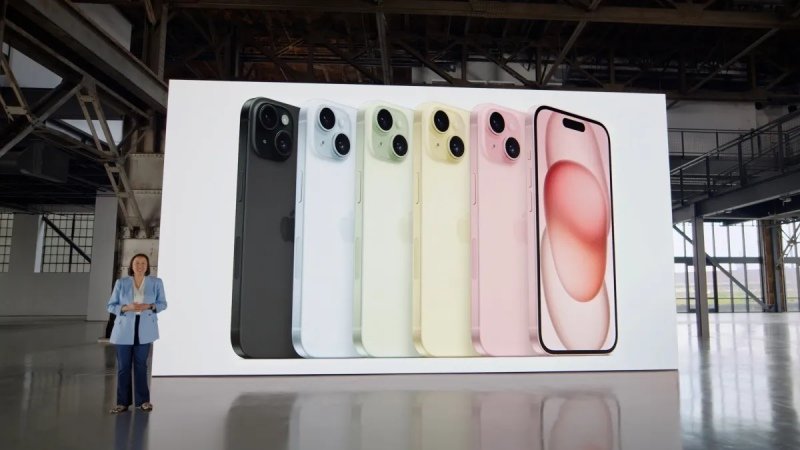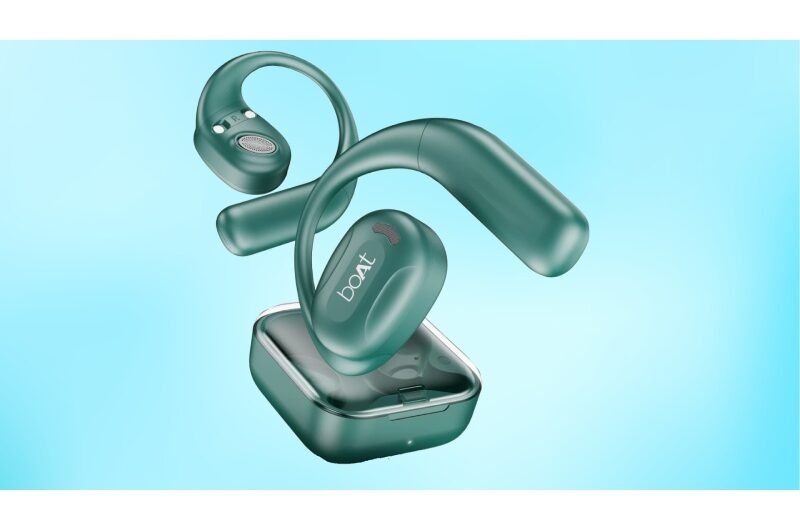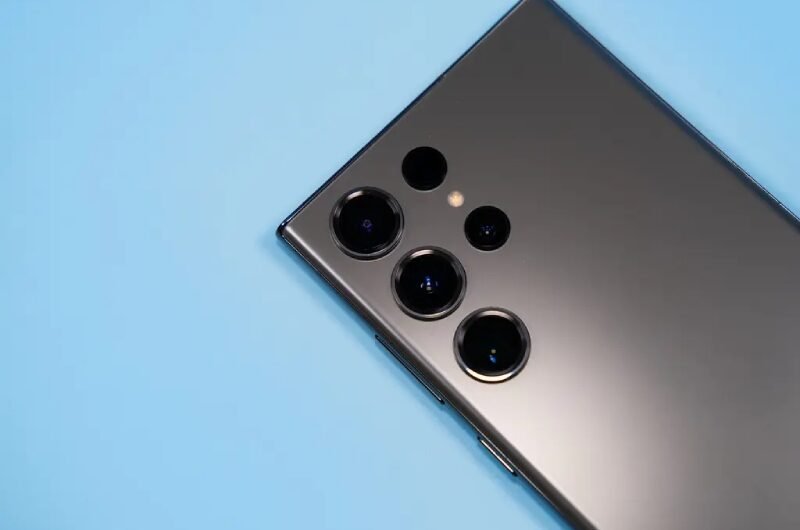Mitsubishi has signed a memorandum of understanding to join forces with Nissan and Honda in their existing partnership to co-develop electric vehicles and associated technologies. By collaborating, these three Japanese automakers aim to accelerate their advancements in EV technology to keep pace with their competitors.
This alliance is a strategic move by global automotive giants to pool their resources, reduce costs, and enhance efficiency in launching new EVs into the market. Nissan and Honda highlighted that Mitsubishi’s inclusion would bring additional expertise and strengths, creating synergies that only such a collaboration can achieve.
This isn’t the first time these companies have engaged in joint ventures. Honda previously partnered with General Motors to develop EVs, a collaboration that ended several years later. The newly released Honda Prologue, for instance, is built on GM’s Ultium platform. After dissolving the partnership with GM, Honda then teamed up with Nissan for similar objectives. Meanwhile, Nissan has been part of a long-standing global alliance with Mitsubishi and Renault.
Honda likely sought a new partner after its deal with GM fell through. Nissan and Mitsubishi, both struggling in the US market, have also found mutual benefit in this partnership. Nissan’s operating profits in the US plummeted by roughly 99 percent last quarter, and its lack of hybrid vehicles has hindered its market performance. Mitsubishi has also faced challenges in introducing long-range EVs, though its plug-in hybrid Outlander has seen some success.
In addition to developing EVs, Nissan and Honda have set another goal: creating a software-defined vehicle. They aim to conclude research and move towards mass production within a year. The two companies will also collaborate on batteries, electric motors, and a new product review system to promote mutual vehicle complementation.
Nissan’s strategy includes electrifying 16 of its 30 vehicle models by 2026, with seven targeted for the North American market. It is also advancing its solid-state battery technology. By partnering with Honda and Mitsubishi, Nissan hopes to distribute costs more evenly and stabilize its current financial struggles.
In summary, this alliance among Mitsubishi, Nissan, and Honda represents a concerted effort to enhance their technological capabilities, reduce costs, and improve market competitiveness in the rapidly evolving EV industry.
Topics #Automakers #Automobile #Collaboration #electric vehicles #EV #EV Development #Honda #Manufacturing #Mitsubishi #New Vehicle #news #Nissan #Partnership











